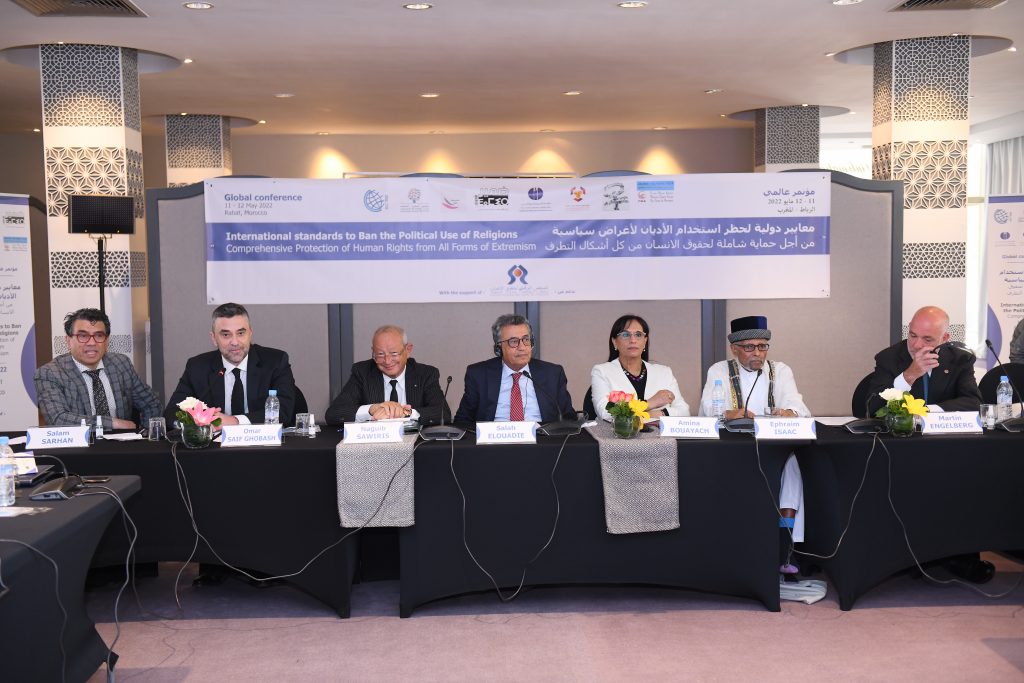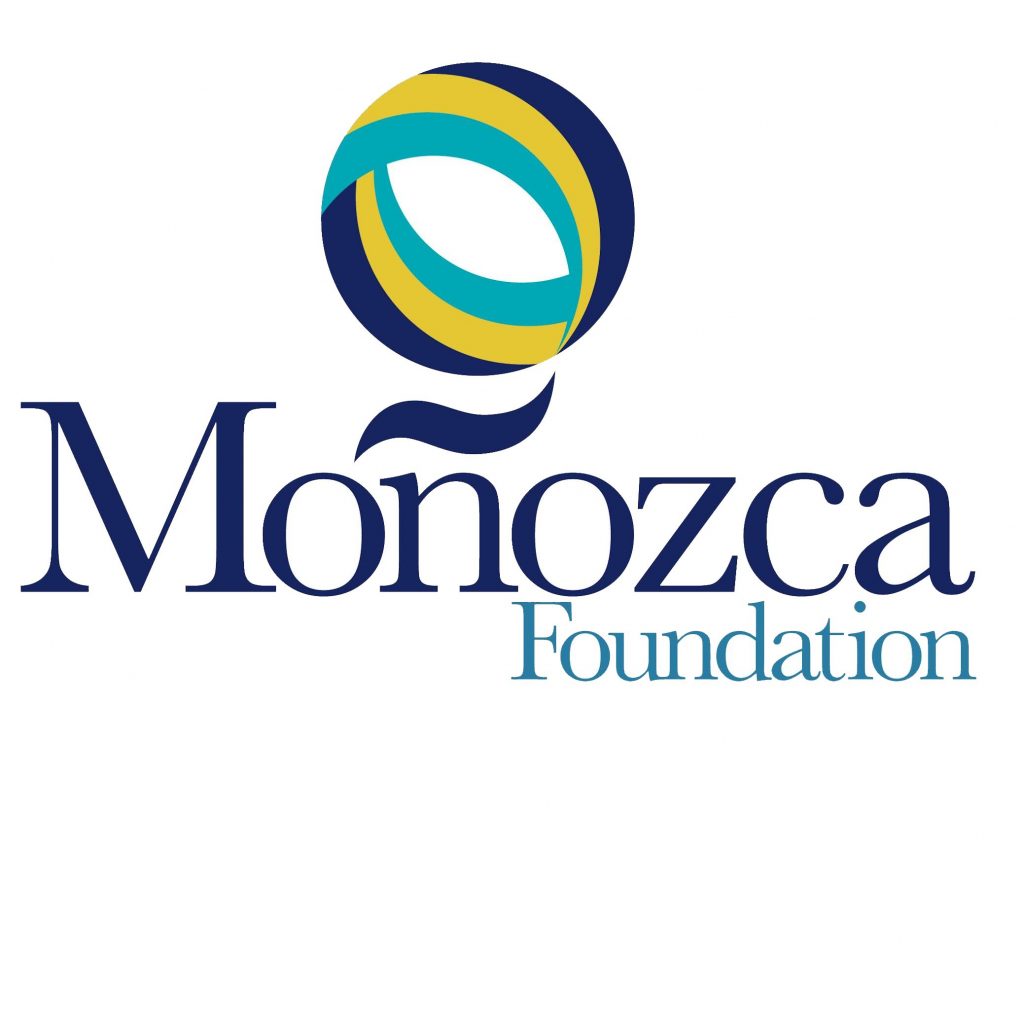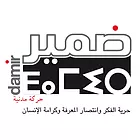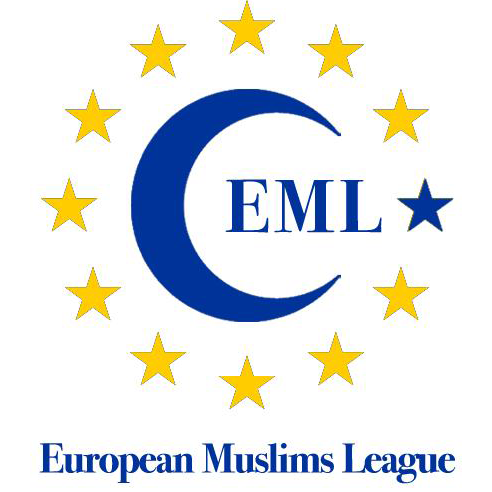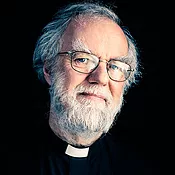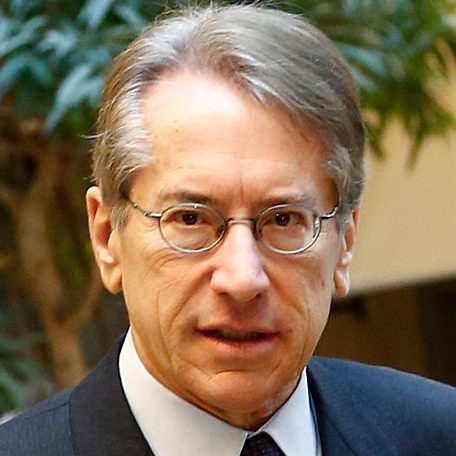The Moroccan capital, Rabat, hosted a global conference under the title “International Standards to Ban the Political Use of Religions – Comprehensive Protection of Human Rights from All Forms of Extremism”, as part of the growing support for the global mission to enact an international treaty to ban the political use of religions.
Leading legislators, officials, diplomats, religious dignitaries and civil society leaders from around the world met in Rabat to coordinate their effort to build global consensus on setting international rules to eliminate the use of religion in violating human rights.
The participants issued the “Rabat Declaration” calling on the international community and all governments to support a proposed treaty to ban the political use of religions through the United Nations General Assembly.
Please read the Rabat Declaration in this link
The conference was attended by parliamentarians, officials and leading religious dignitaries from many countries, including the United Kingdom, Egypt, Austria, UAE, South Africa, Nigeria, Italy, Belgium, Georgia, Ecuador, Bangladesh, Pakistan, Iraq, Georgia, Kuwait, Canada, Senegal, Ghana, Gambia, Burkina Faso, Luxembourg, Belarus, San Marino and the United States, alongside their Moroccan counterparts.
Among the speakers; former Archbishop of Canterbury Lord Rowan Williams, President of the National Human Rights Council in Morocco Amina Bouayach, Chair of the Board of BPUR International Naguib Sawiris, former Italian foreign minister Giulio Terzi, Director of Institute of Semitic Studies Ephraim Isaac, Assistant UAE Minister of Foreign Affairs Omar Ghobash, Sheikha Fadyah Saad Al-Abdullah Al-Sabah, Chair of Kuwaiti Union of Women’s Associations and legislative sponsors from representing more than 20 countries.
Lord Williams said “BPUR movement is undoubtedly a timely and perhaps unprecedentedly necessary initiative at this time. It seeks religious freedom in every possible sense of those words. It seeks to release the capacity of religion; honour religious liberty; and also honour the deepest kinds of political liberty we can imagine.

The leading representatives shared experiences on their advanced engagements with their governments and coordinated strategies on best approaches to secure the formal adoption of the initiative as well as drawing the next steps and the roadmap of the initiative on the international stage.
Key progress was announced by legislative sponsors in many countries, especially Morocco, Austria, Bangladesh, United Kingdom, Belgium, Italy, San Marino and South Africa, where large groups of legislators have already appealed to their government to formally adopt the proposed treaty.

The Egyptian renowned philanthropist Naguib Sawiris called to put an end to the violation of human rights in the name of religion. He also called on governments to adopt this global initiative and submit it to the United Nations to help the international community resolve raging conflicts and put an end to various forms of human rights violations.
He pointed to the “shocking fact that despite all international laws, religion is still used all over the world to ignite conflicts and violate basic human rights. The proposed treaty is the ideal tool to eliminate the root causes of all those violations”.
The delegates unanimously endorsed ‘The Rabat Declaration’ at the conclusion of the conference which underlined their commitment to recognise and uphold the values of faith and religion while seeking to prevent fierce political and economic interests from manipulating religious teachings to serve harmful agendas. They pledged their commitment “to make efforts to encourage all states to ratify the proposed treaty”.

The Declaration recognised that “the time is now right to adopt international rules to prohibit all forms of discrimination, religious exclusion, and all political uses of religion that undermine equality and freedom of belief and worship”.
Salam Sarhan, the founder and secretary general of BPUR said; “the initial proposed treaty, drafted by leading officials, legislators and United Nations’ experts, represents a new approach to introduce clear, simple and indisputable international rules to ban: all political uses of religion that undermine human equality; all religious discrimination in rights and duties; all religious exclusion; and all restrictions to freedom of religion and belief.
He added; “these simple terms will comprehensively apply to all violations without any clashes with religious beliefs. No responsible government can refuse such fundamental fair rules. We believe that this non-confrontational approach would build global consensus and help the international community deal with current and future conflicts”.

BPUR’s legislative sponsor in Morocco Touriya Lahrech said; “the conference will be a major step to set clear international standards to protect human rights from all forms of extremism”. She added that the support of many prominent religious leaders shows that the proposed treaty is the best way to protect the sanctity of all religions and ensure more transparency for politics”.
According to Salah Eloudie, BPUR’s representative in Morocco; “the initiative represents an opportunity for Morocco to lead the world towards building global consensus on banning the use of religions in violating human rights”.
BPUR believes that the proposed treaty would make a big difference to the lives of millions and serve all international humanitarian objectives by eliminating the root causes of many intractable conflicts and a long list of abuses of human rights. It would subsequently enhance stability and open the doors for sustainable development.

Former MEP Struan Stevenson, a member of the BPUR Board of Trustees, told the conference: “We have no desire to separate religion and politics. On the contrary, we believe such a separation is not only irrelevant it is also impossible, even in most Western countries, let alone other parts of the world. We only need to stop the political abuse of religion and all religious discrimination”.
The conference organised by BPUR International, Damir Movement, Association Forum of Contributions, Moroccan Human Rights Organisation, Morocco Multi Mountada, Morocco Future Forum, Union Women’s Action, The Moroccan Network of the Civic Youth Alliance and the support of the National Human Rights Council in Morocco as well as several international organisations.
Please read the Rabat Declaration in this link
Photos of the conference in this link (No restrictions on republishing)

